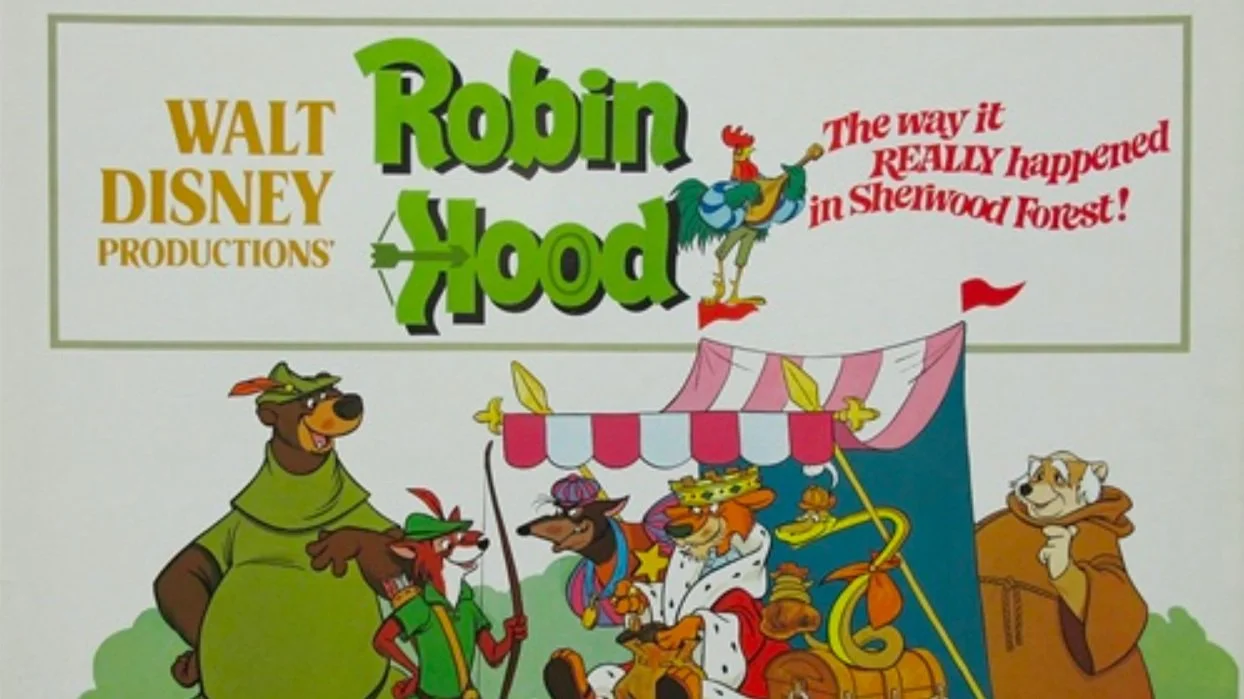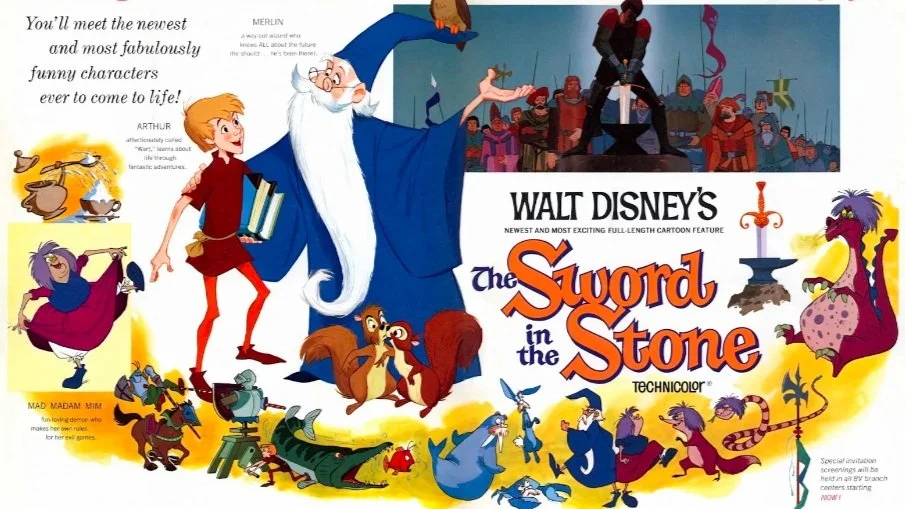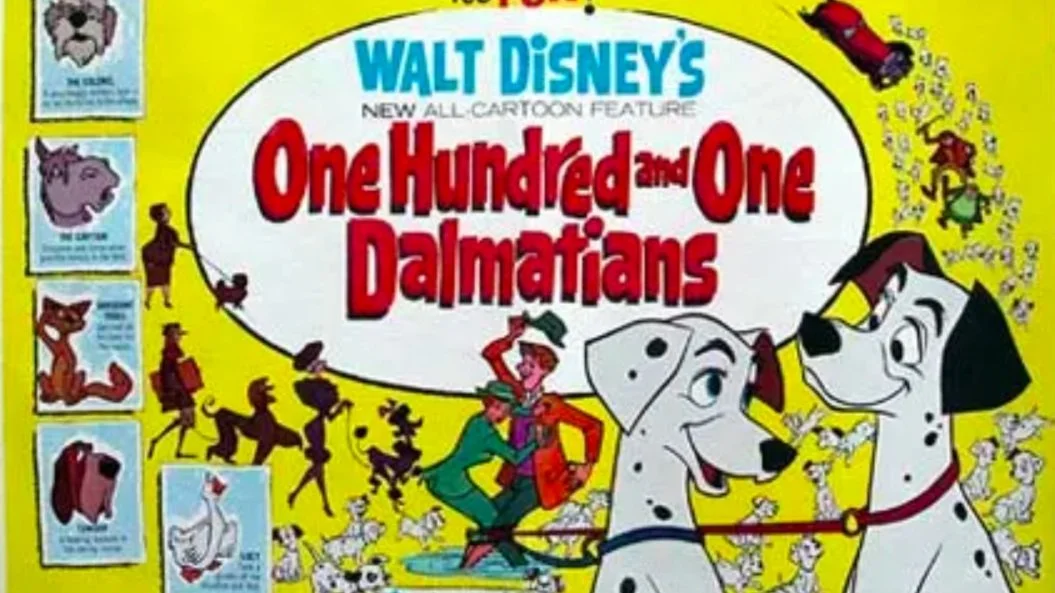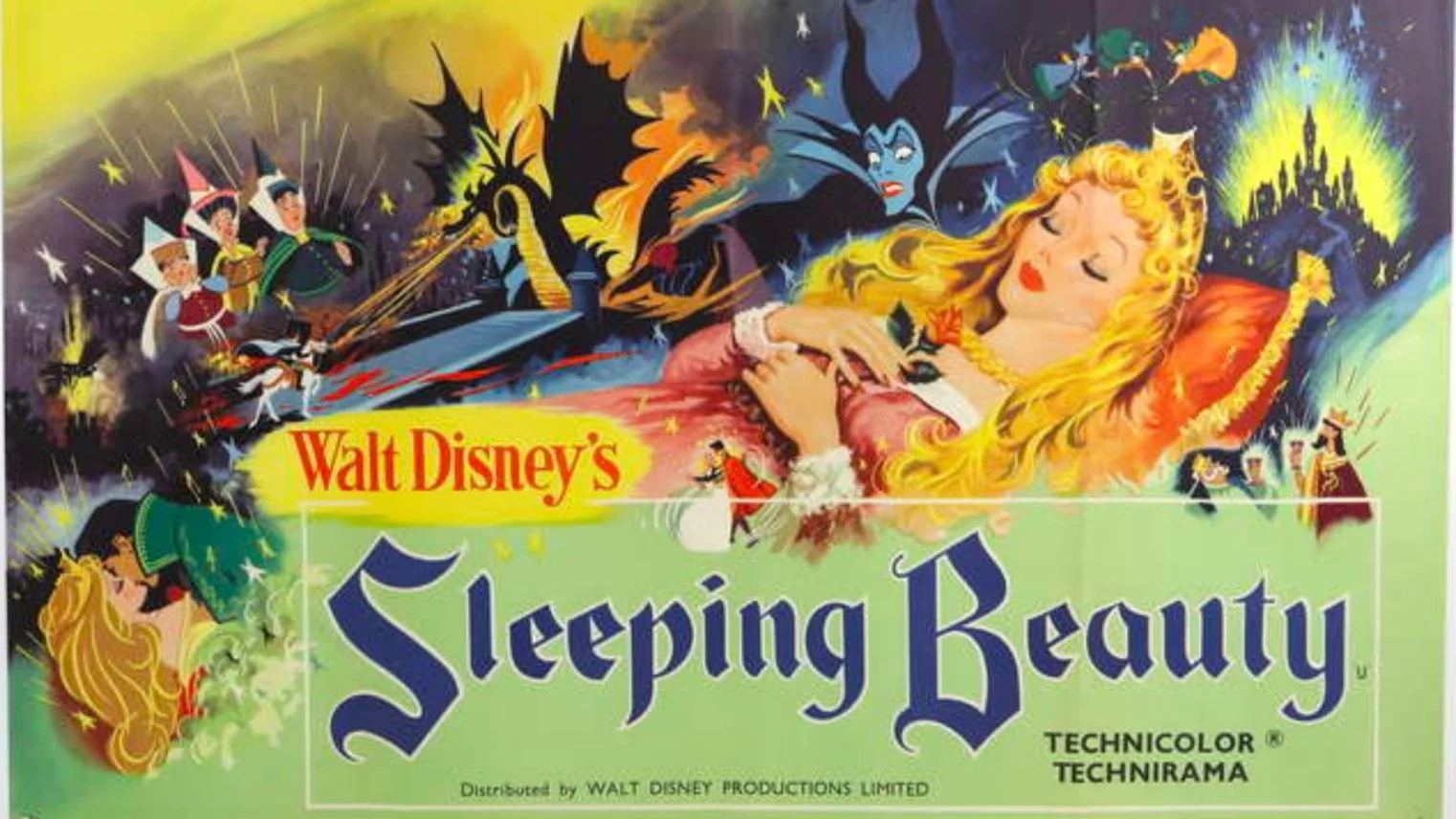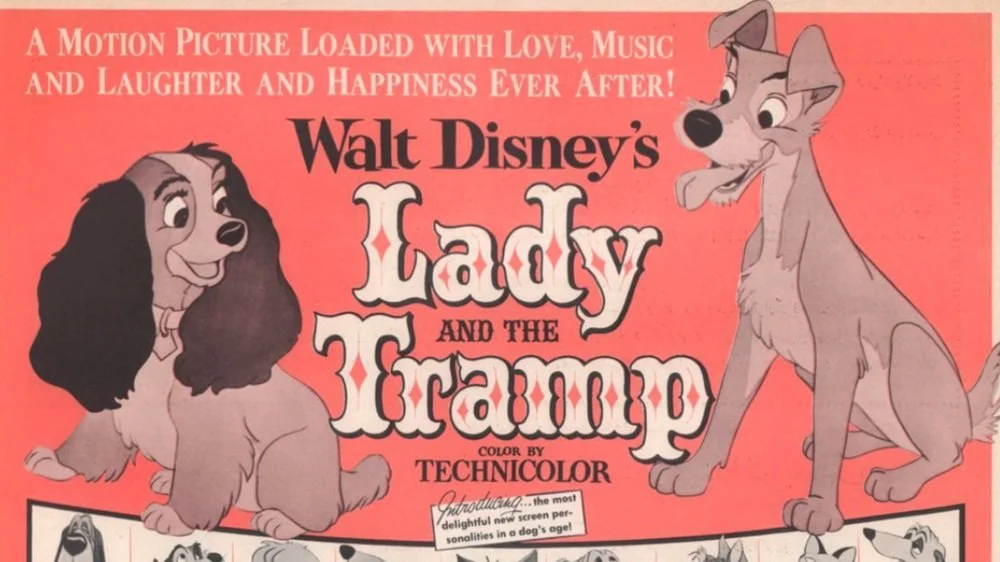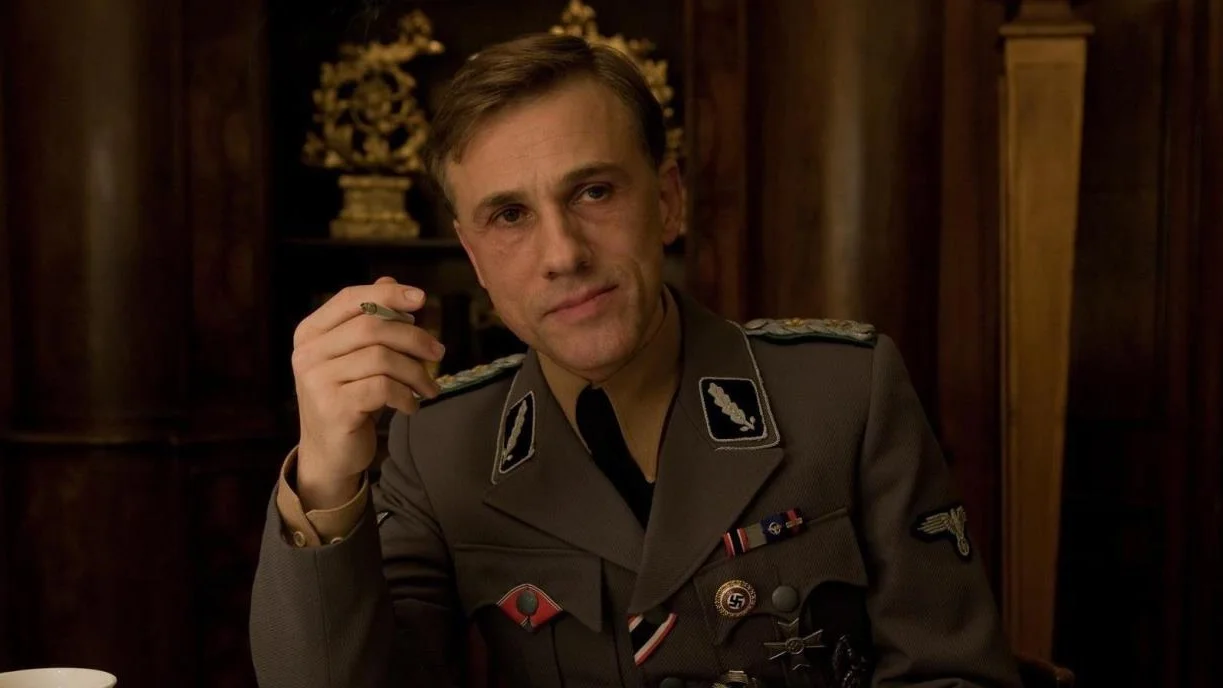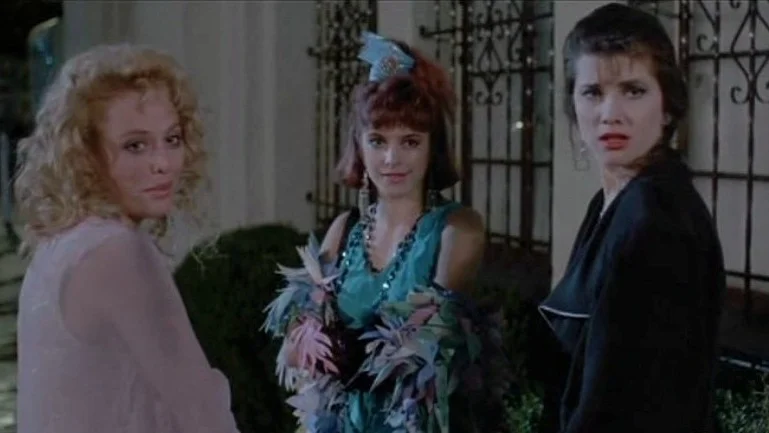On Screen Projection: Hollywoodland (2006)
As a society, we have many fascinations, many of them dark. Few of these fixations have become as strong as our focus on celebrity. Maybe second to that is our obsession with death, particularly if it is shrouded in mystery. This week, one of our most heralded directors, Quentin Tarantino, takes on both of these with Once Upon A Time…in Hollywood. At least a portion of the plot will focus on possibly the most famous Hollywood murder of all time, that of Sharon Tate being murdered by the Manson Family. Of course, her untimely death is not the only example of death in Hollywood that has been worthy of the film treatment. One such example that flew beneath most of the world’s collective radar is that of one of the first men who played Superman on screen, George Reeves.
Hollywoodland, starring Ben Affleck as Reeves, begins after his death but offers plenty of insight through flashbacks. It is an underseen film, and watching it now, I can see why. This is not to say that it is devoid of value, as there is a decent mystery here, paired with a solid enough biopic. Unfortunately, the film seems to believe that George Reeves is a known enough personality in 2006. This is just not true, and it is unfortunate, because Affleck absolutely looks the part and is wonderfully charming, particularly in his flirtations with Toni Mannix (Diane Lane). The film also does an admirable job of examining the seedy underbelly of 1950’s Hollywood. There is no better example of this than Toni’s husband, Eddie Mannix, played with an evil glee by the great Bob Hoskins. This is certainly not the largely lovable characterization of the same man in Hail, Caesar!.
Adding to the film’s problems is the fact that this is truly a mystery, not just one for the story’s sake. No one knows if George Reeves killed himself, if he was murdered, or if it was an accident. Of course, many movies are made about unsolved crimes, but the thing they usually have in common is that they pick an ending. Did David Fincher know for certain who the Zodiac killer was? Definitely not, but he chose a perspective, which was certainly helped by the source material. Hollywoodland, on the other hand, seems to want to have its cake and eat it, too. As we follow private investigator Louis Simo (Adrien Brody), we vacillate between being sure it was a suicide, to thinking no one is at fault, all the way to believing that it was a cold-blooded murder. Now, it may be definitively true that no one knows what happened, but this isn’t a case file, and those limits should not be present.
But what on earth does this have to do with psychology? Well, thanks to the film’s flashback structure, we are able to see just a bit of Reeves’ struggles. One of his difficulties is his desire to be his own man. From the outside world’s view, it is easy to see him as the man with everything. His girlfriend is extravagantly rich (to the point of buying him a home), and he is Superman. But he wants more, and for it to be something real. He has always had dreams of being a “real actor,” and eventually of becoming a director. Although his reasons may or may not be pure, there is a certain integrity and honor to wanting more than having life handed to him.
I believe what George is consistently craving is not just fame, as indicated by his need to be near the cameras in the opening scene, but in a grander sense, autonomy. Autonomy at its most basic level is the ability to make informed, and not coerced, decisions. He struggles with this for the entire film. At the outset, he needs to make himself known to keep what little fame he has (thanks to his role in Gone With The Wind). In the second act, he is not able to make his own decisions, because he is limited by his relationship with Toni. And by the end, he still feels that he cannot make these choices due to another problematic romance with Leonore Lemmon (Robin Tunney). According to many philosophers and psychologists throughout history, the ability to make an autonomous decision is clearly morally right. According to Jean Piaget, autonomy must come purely from within to be a free decision. And not letting others make these decisions is an immoral act. Does this make the women in Reeves’ life immoral? That is probably going too far, as we have all made mistakes when motivated by love. But it does provide us something to think about when pushing our will on others and not allowing them true autonomy to make the most moral decision for themselves.
This was the saddest moment for me in watching Hollywoodland. Regardless of whether or not his death was a suicide, George Reeves had been in a terrible place for so long, and because of that, he could simply not make autonomous decisions. This man who seemed to have everything, had nothing. Not even his own moral right to make a choice.
There is a certain victimhood, a pure helplessness that pervades these stories of untimely death in Hollywood. This film opens with the death of Superman. Going in to see Once Upon A Time…in Hollywood, we know that Sharon Tate will not survive (unless Tarantino pulls an alternate history a la Inglourious Basterds). One can only hope that the film will not dwell on the macabre details, and instead use that horrible moment as a backdrop to a larger story. But it’s Tarantino, so your guess is as good as mine. For my money, the mystery of Sharon Tate or George Reeves as people is infinitely more interesting than the grisly details of their deaths.






